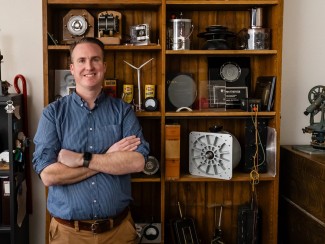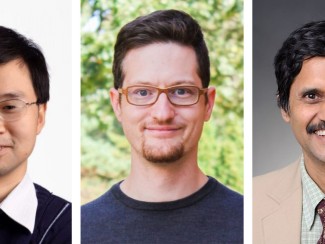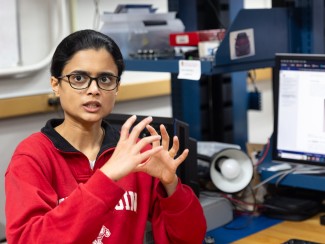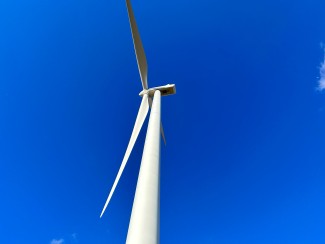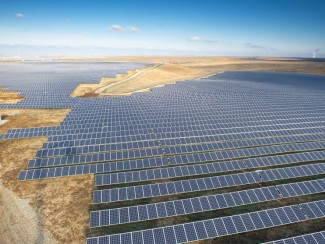
Media coverage of WEI this month focused on the expansion of solar energy; the feasibility of net-zero carbon and harnessing energy in space; and the importance of saving energy when it comes to your wallet and your health.
Wisconsin Energy Institute: Solar Energy Update

Wisconsin Public Radio
Larry Meiller hosts Greg Nemet and Mary Blanchard on WPR to discuss the rising usage of solar power and what the future may hold for this mainstream energy source.
Blue Sky Science: Could we harness energy in space for use on Earth?

Wisconsin State Journal
Would it be possible to harness energy in space for use on Earth? Dan Ludois, professor of electrical and computer engineering, responds to this question on a Blue Sky Science spotlight.
Featured Researchers
Choosing between gas or electric can affect energy efficiency in your home

Consumer Affairs
Researchers from the UW–Madison found that consumers who are diligent about turning off lights when they leave rooms are not only saving energy and money, but they could also be saving lives, as the action helps to cut down on air pollution.
Featured Researchers
How did solar energy get so cheap? UW prof probes history of technology

Wisconsin State Journal
When Greg Nemet began studying solar energy in 2002, it was not considered a viable alternative to traditional fossil fuels. Today, large-scale solar farms are more cost-efficient than virtually all other sources, even in places like Wisconsin, where regulators recently approved projects that will result in a five-fold expansion of solar capacity. So what caused the prices to plummet?
Featured Researchers
Net-Zero Carbon by 2050 is Feasible

Wisconsin Public Radio
Madison Gas & Electric's new goal of net-zero carbon electricity by 2050 is feasible, according to Tracey Holloway and Greg Nemet, two UW–Madison environmental studies researchers.

